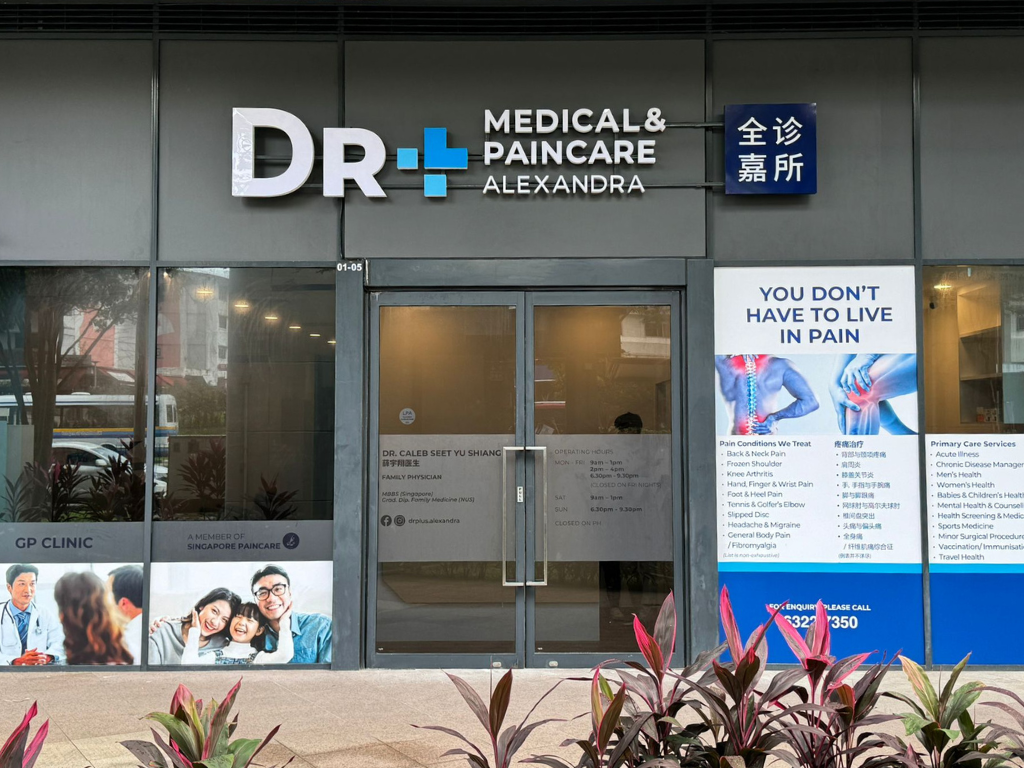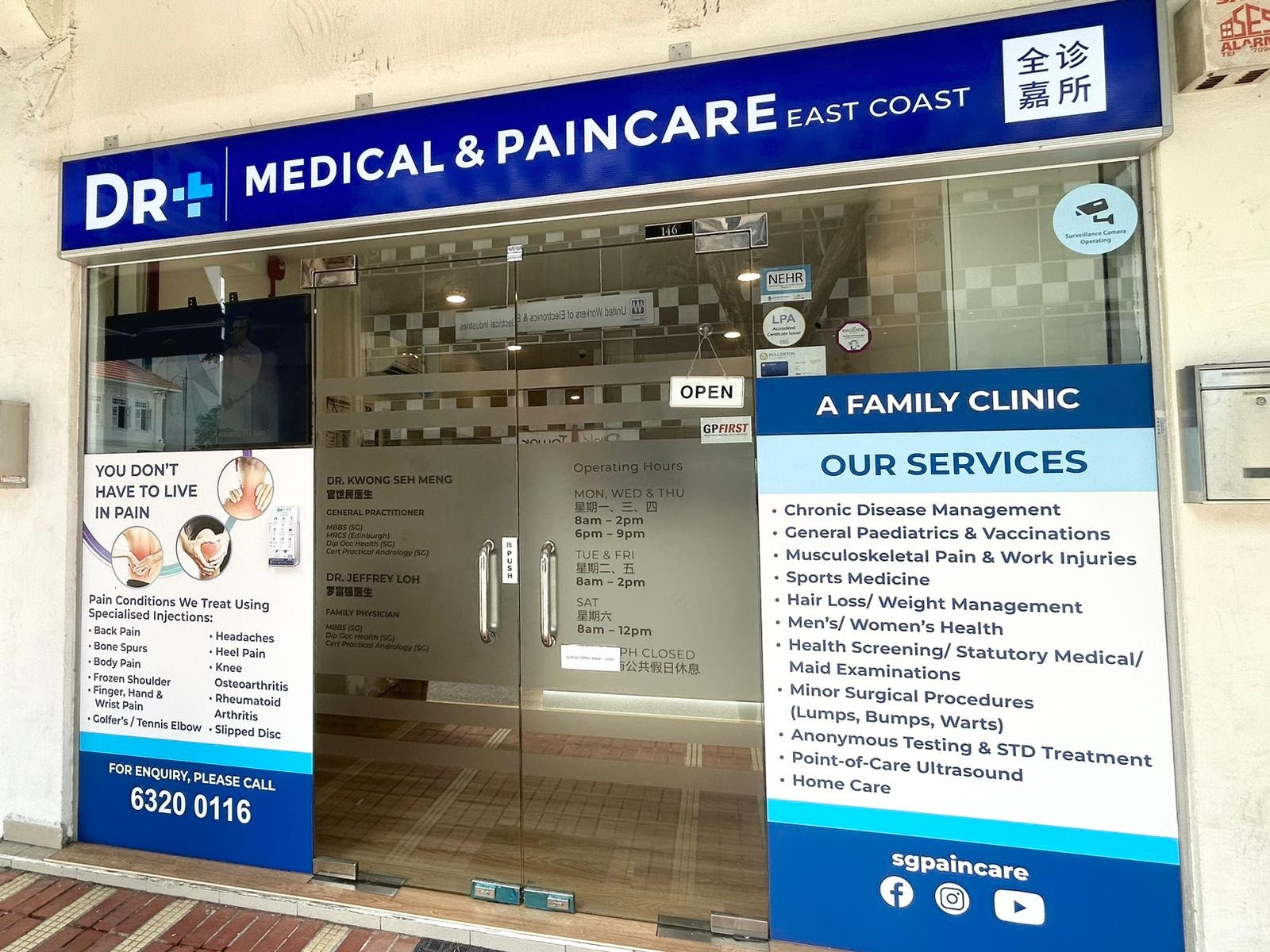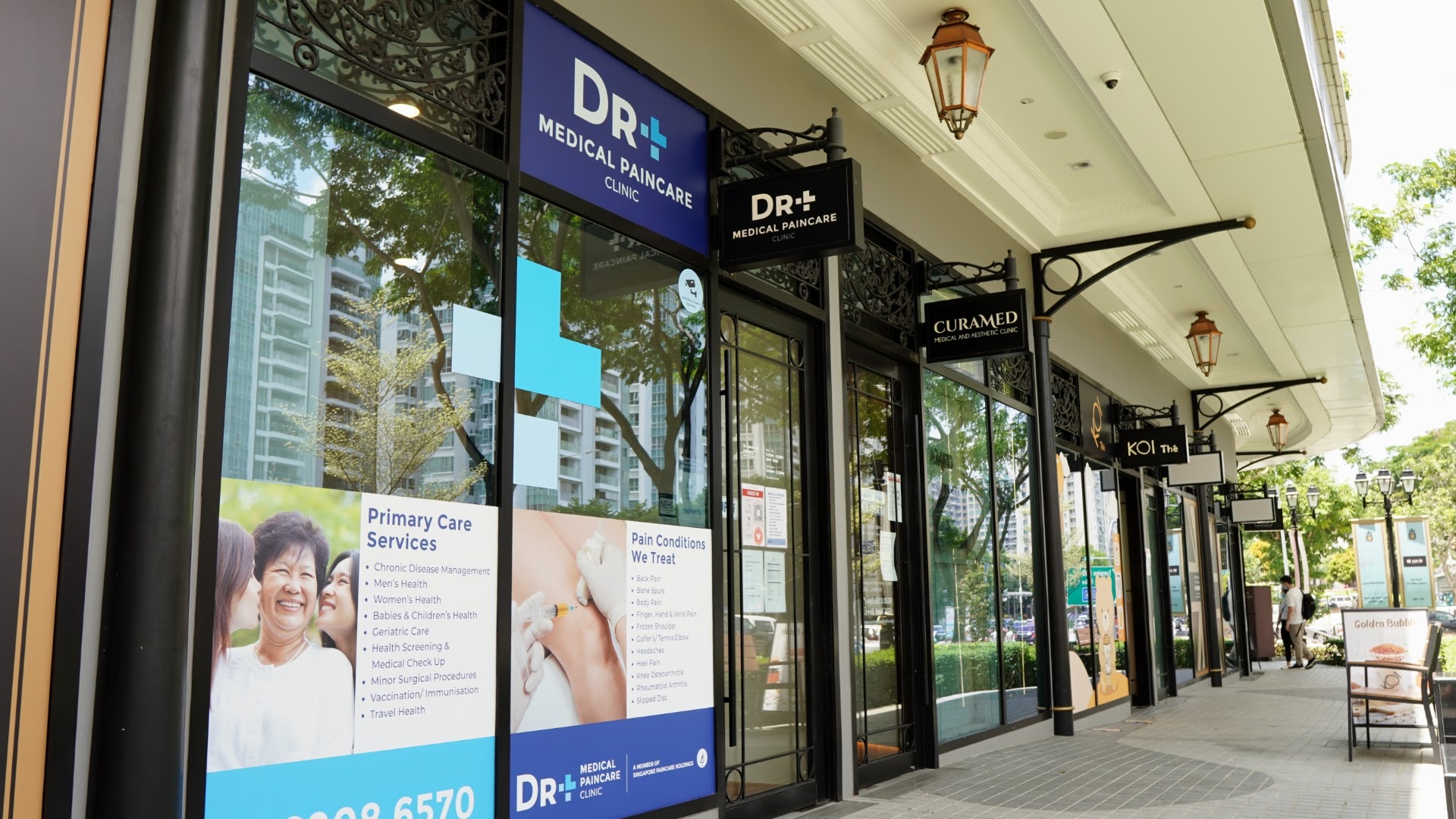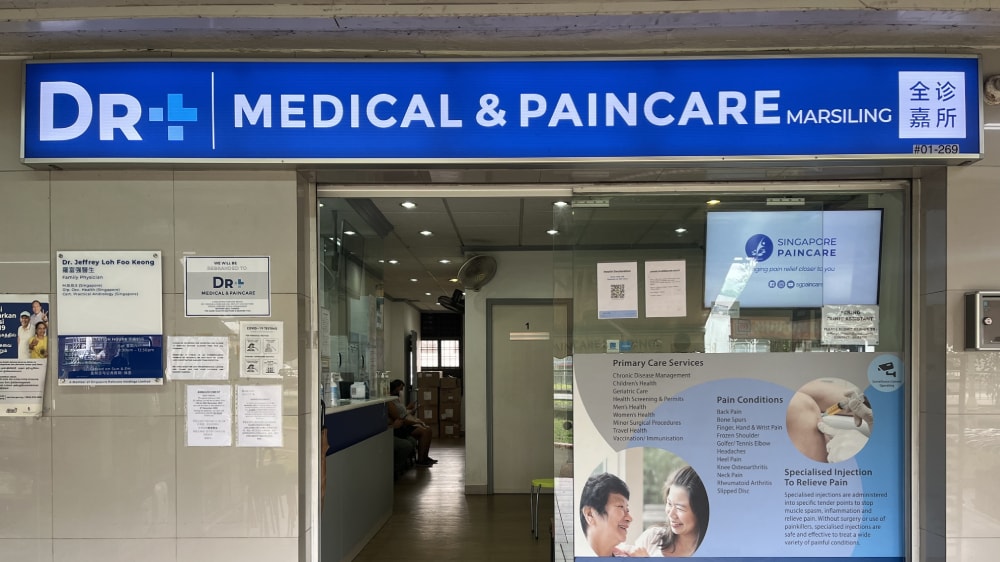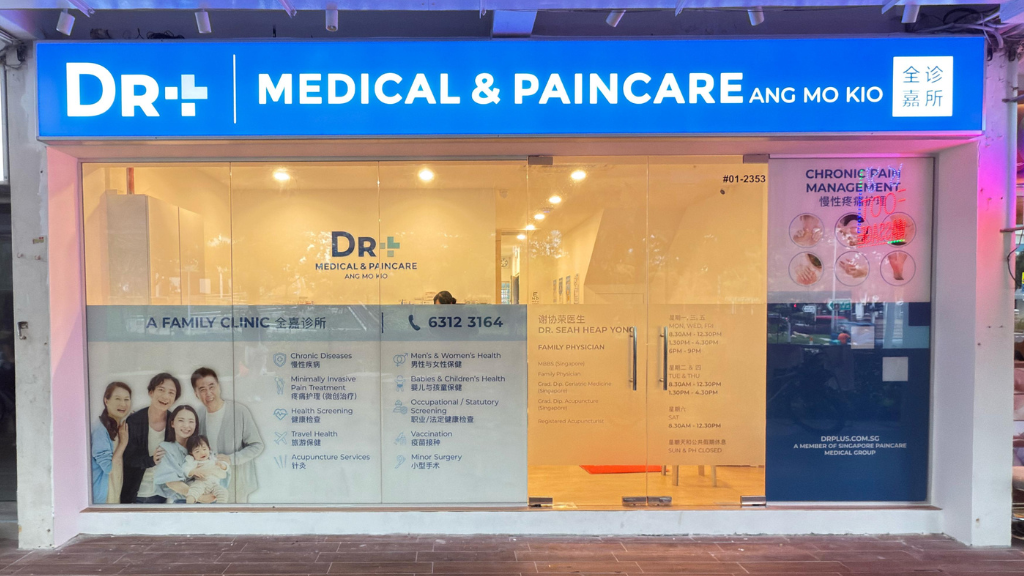Ankylosing Spondylitis

What is Ankylosing Spondylitis (AS)
Ankylosing spondylitis (AS) is a chronic inflammatory condition that primarily affects the spine and the sacroiliac joints, where the spine meets the pelvis. Characterised by the fusion of spinal vertebrae and inflammation of the joints, this condition can lead to a reduction in spinal mobility and, in severe cases, complete spinal rigidity.
Signs and Symptoms
The primary symptom of AS is chronic pain and stiffness in the lower back and hips, especially noticeable in the morning or after periods of inactivity. This discomfort improves with exercise and worsens with rest.
Other symptoms include:
Inflammation
In other parts of the body, such as the shoulders, ribs, heels, and small joints of the hands and feet.
Persistent Fatigue
Due to the body’s response to inflammation.
Reduced Flexibility of the Spine
Leading to a hunched-forward posture in advanced cases.
Vision Problems
In some cases AS can affect the eyes, causing a condition known as uveitis, characterised by redness, pain, and blurred vision.
Struggling With Persistent Pain?
Consult one of our DR+ today for a detailed consultation & personalised treatment plan.
Causes and Risk Factors
The exact cause of AS is not fully understood, but studies suggest that the HLA-B27 gene plays a role. While not everyone with this gene develops AS, the majority of people with AS have this gene.
Other factors that may be associated with the development of AS are:
Family History
Individuals with a family member who has AS are at a higher risk.
Environmental Triggers
Although the specific environmental factors are not clear, some studies suggest that certain bacterial infections may trigger the immune system in a way that leads to AS in genetically susceptible individuals.
Age and Sex
AS usually begins in late adolescence or early adulthood. It is more common and often more severe in men than in women.
Medical Conditions
The risk for the AS may be greater if you have an autoimmune disease, or conditions such as psoriasis, crohn’s disease, or ulcerative colitis.
Treatment Option
Though there is no cure for AS, treatments can help manage symptoms and prevent complications.
Treatment Modalities
Pain Medication
This involves the use of medications such as Non-Steroidal Anti-Inflammatory Drugs (NSAIDs), opioids, and other specialised medications designed for pain management. The type and dosage are tailored to the individual’s condition and medical history.
Myospan
Minimally invasive treatments aim to effectively relieve common pain conditions by targeting pain sources.
- Coreflex Injections: Typically contain a corticosteroid and are used for inflamed joints or tissues.
- Platelet-Rich Plasma (PRP) injections: Utilise own platelets to promote healing in damaged tissues.
- Intra-Articular Injections: Most commonly used to treat osteoarthritis in the hip or knee, but they can also be given in other joints, including shoulders, wrists, ankles, hands, and fingers.
For chronic pain conditions originating from spinal issues, Neurospan can be performed by our team of pain specialists from Singapore Paincare Center.
How Can I Prevent Ankylosing Spondylitis?
It is not possible to prevent AS, due to its nature.
Certain strategies can help those with AS reduce the risk of complications and improve quality of life. This includes regular exercise to help maintain joint flexibility and reduce stiffness, and good posture practices to prevent spinal deformity and reduce strain on the back. Individuals can also better manage AS by quitting smoking, having a balanced diet rich in calcium and vitamin D, and managing their stress levels.
Frequently Asked Questions
What is ankylosing spondylitis?
It is a type of arthritis that affects the spine and sacroiliac joints.
How is it different from other types of arthritis?
Ankylosing spondylitis differs from other types of arthritis primarily in its target areas and progression. Unlike many forms of arthritis that affect peripheral joints like the hands and knees, ankylosing spondylitis predominantly impacts the spine and sacroiliac joints. This condition also tends to affect younger individuals, typically appearing in late adolescence or early adulthood. Furthermore, ankylosing spondylitis can lead to spinal fusion over time, resulting in a significant reduction in spinal mobility and flexibility, which is less common in other types of arthritis.
Can ankylosing spondylitis be cured?
Currently, there is no cure for AS. With appropriate treatment, the symptoms can be managed, and progression of the disease can be slowed.
How is ankylosing spondylitis diagnosed?
Diagnosis is based on a combination of symptoms and physical examination. Some cases may require imaging tests such as MRI, and blood tests, including testing for the HLA-B27 gene.
Are there any lifestyle changes that can help manage ankylosing spondylitis?
Yes, regular exercise, maintaining a healthy weight, practising good posture, quitting smoking, and following a balanced diet can contribute to better management of the condition.
Is ankylosing spondylitis hereditary?
There is a genetic component to AS, associated with the HLA-B27 gene. Having family members with the condition increases the risk, but not everyone with the genetic marker develops the disease.
Can women get ankylosing spondylitis?
Yes, while AS is more common in men, women can also develop the condition, though their symptoms are often less severe.
Does ankylosing spondylitis affect life expectancy?
In most cases, AS does not impact life expectancy, especially with management and treatment.
Our Clinics
- Mon, Tue & Thu: 9am to 1pm, 2pm to 4pm, 6:30pm to 9:30pm
- Wed & Fri: 9am to 1pm, 2pm to 4pm
- Sat: 9am to 1pm
- Closed on Sun & PH
-
(Kindly note that clinic’s last registration is 15mins before closing time.)
- Mon, Wed, Thu: 8:00am – 2:00pm, 6:00pm – 9:00pm
- Tue & Fri: 8:00am – 2:00pm
- Sat: 8:00am – 12:00pm
- Sun: 10:00am – 1:00pm
- PH: Closed
#01-54 The Midtown, Singapore 533971
- Mon to Fri: 8:00am – 12:00pm, 1:00pm – 3:00pm, 6:00pm – 9:00pm
- Sat: 8:00am – 12:00pm
- Sun & PH: Closed
988 Upper Serangoon Rd, Singapore 534733
- Mon to Fri: 8:30am – 2:30pm, 6:00pm – 10:00pm
- Sat & Sun: 8:30am – 12:30pm
- PH: Closed
-
(Kindly note that clinic’s last registration is 15mins before closing time.)
Singapore 730018
- Mon: 8:00am – 9:00pm
- Tue – Fri: 8:00am – 4:30pm, 7:00pm – 9:00pm
- Sat: 8:00am – 12:30pm
- Sun & PH: Closed
-
Kindly note that clinic’s last registration is 15mins before closing time.
-
(Last registration timing – Mon: 8:45pm, Tue – Fri: 4:15pm & 8:45pm, Sat: 12:15pm)
Thomson Imperial Court, Singapore 574424
- Mon to Wed: 8:30am – 10:00pm
- Thu: 8:30am – 3:00pm, 6:00pm-9:30pm
- Fri: 8:30am – 6:00pm
- Sat & Sun: 9:00am – 3:00pm
- PH: Closed
-
(Kindly note that clinic’s last registration is 15mins before closing time.)
- Mon, Wed & Fri: 8:30am – 12:30pm, 1:30pm – 4:30pm, 6:00pm – 9:00pm
- Tue & Thu: 8:30am – 12:30pm, 1:30pm – 4:30pm
- Sat: 8:30am – 12:30pm
- Closed on Sun & PH
-
(Kindly note that clinic’s last registration is 15mins before closing time.)
Need Advice On Your Condition?
Please fill out the form and we will be in touch with you shortly

